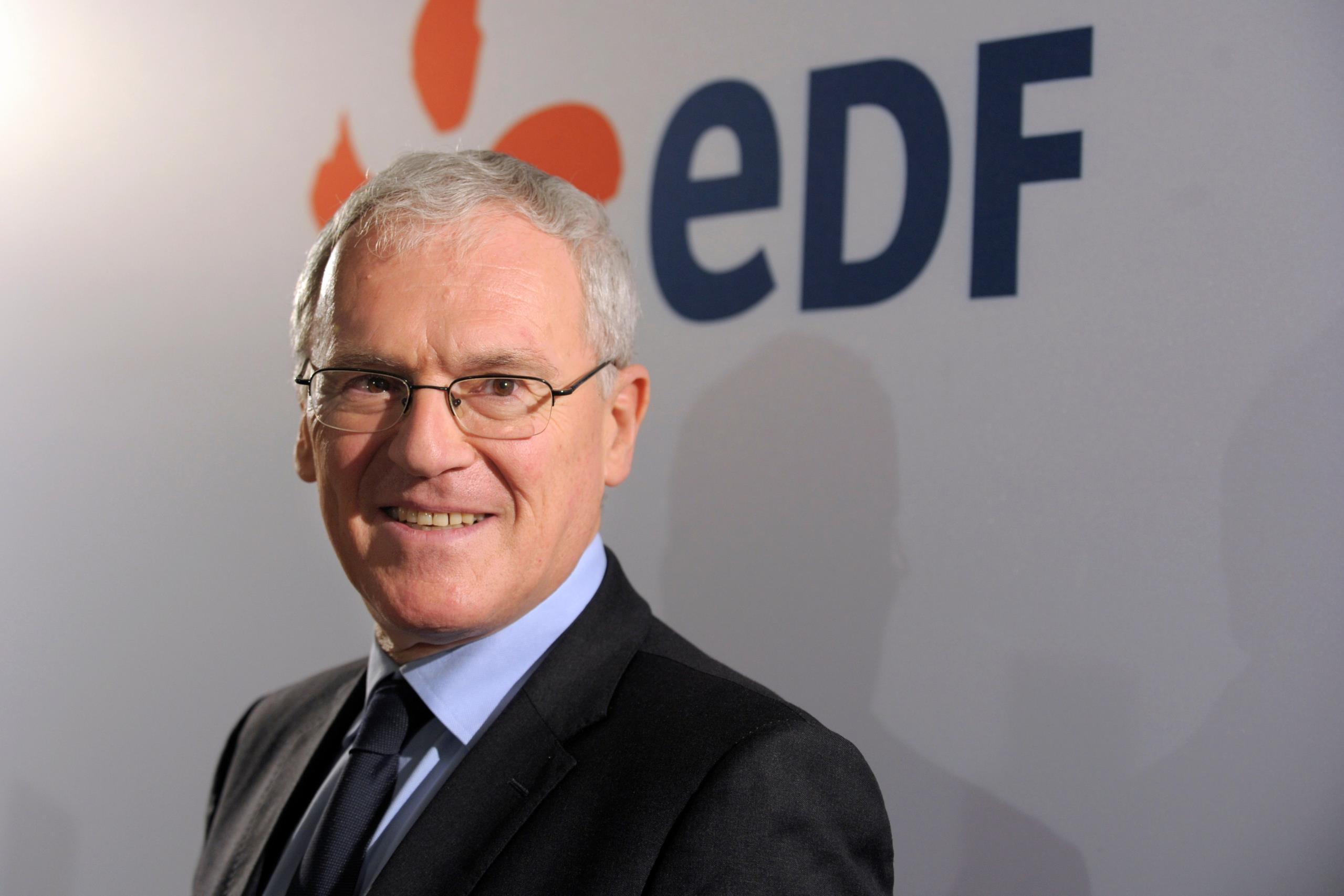
French state-owned utility EDF plans to become the leader in electric vehicle charging in Europe, a potentially lucrative, but already crowded, sector.
EDF Chief Executive Jean-Bernard Levy (pictured) said the company was targeting a 30 percent market share in electric vehicle charging in France, Belgium, Italy and the United Kingdom, aiming to supply power for 600,000 electric vehicles by 2022.
“We want to become the uncontested leader in electric mobility in Europe by 2022,” Levy told reporters. EDF estimates that electric vehicles (EV) will make up 30 percent of all new cars sold in its four core European markets by 2030, or at the latest by 2035.
Via its Sodetrel unit, the company aims to deploy 75,000 EV charging stations in Europe by 2022 and give its European customers access to 250,000 terminals operated by other providers. Sodetrel already operates 5,000 charging stations in France and provides access to 60,000 charging points in Europe.
The electric vehicle plan is Levy’s third big renewable energy investment, following a 25 billion euro ($29 billion) push into solar power announced in December 2017 and an eight billion euro investment in power storage in March.
Some of EDF’s competitors, such as Engie and several German and Scandinavian utilities, made EV charging a key part of their strategy well before the French group, but Levy rejected the idea that EDF was late to the game. “I like to think that we are early, in fact. At any rate, what matters in a race is not where you are at the starting line, but where you are at the finish line,” he said.
EDF said it had alliances with several EV charging specialists, including Californa-based Nuvve, which aggregates power from EV batteries while they are parked, and Germany’s Ubitricity, which converts streetlights into charging points. It also has technology and research alliances with car makers Renault and Toyota and car parts maker Valeo .